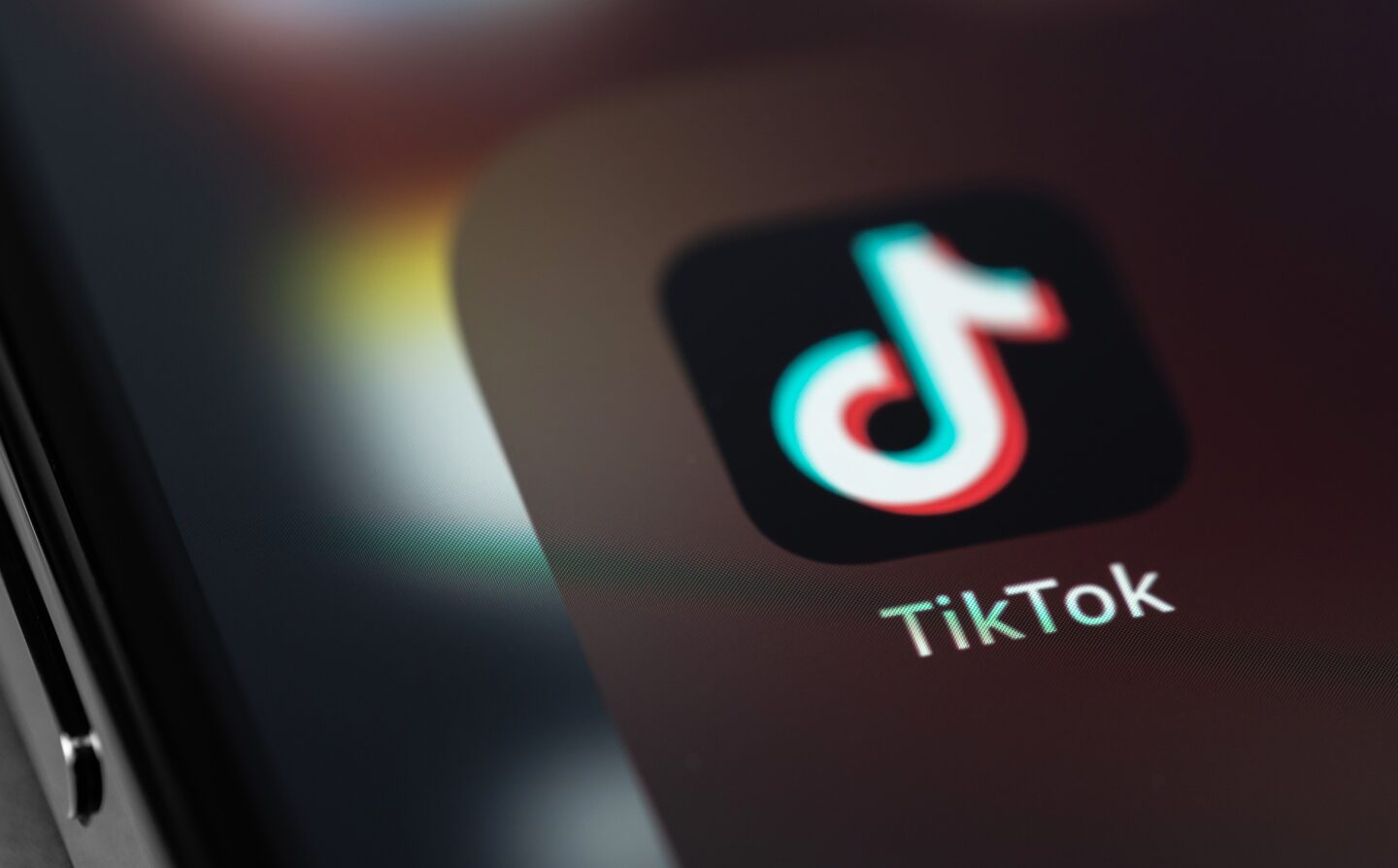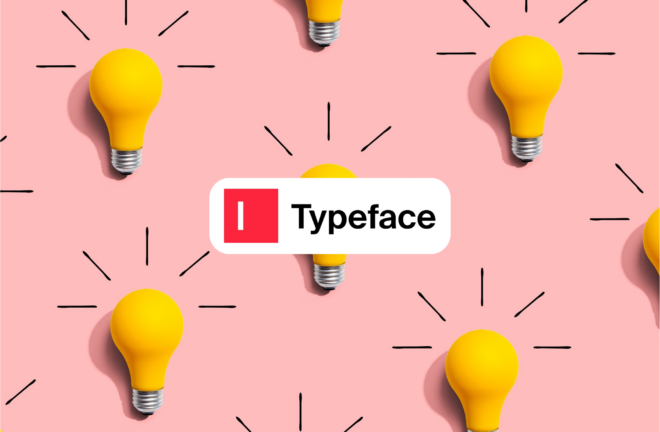When President Joe Biden signed a bill in April that would ban Chinese-owned TikTok unless it is sold, users were not the only ones complaining. The social platform is a popular channel for retailers and small businesses, with more than $11 billion generated by TikTok Shops in the last year.
According to Oxford Economics's report, TikTok contributed $24.2 billion to the US GDP in 2023. Further, 40 percent of SMBs say TikTok is critical to their businesses' existence.
If the TikTok ban goes into effect, hundreds of retailers will face challenges in maintaining conversion rates and sales numbers. The latest First Insight report entitled TikTok's Uncertain Future shows that 82% of retailers will turn to Facebook and increase their advertising spend on that social platform if TikTok gets banned. The findings reveal that 64% of influencers have already noticed shifts in consumer behavior, such as increased engagement on other platforms, signaling that consumers may be preparing for life beyond TikTok sooner than retailers realize.
"Retailers risk losing a powerful product discovery platform if TikTok is shut down. With over two-thirds of consumers discovering products on TikTok that they later purchase elsewhere, the clock is ticking for retailers to develop contingency plans,” said Greg Petro, CEO of First Insight.

TikTok reigns supreme during the holiday season as 73% of consumers go to TikTok for holiday shopping inspiration and 59% intend to make purchases directly through TikTok Shop.
As much as TikTok is a great sales channel, the platform is also highly unpredictable in the long term. The "TikTok made me buy it" trend highlights the challenges retailers face in managing inventory and planning demand spikes. Notably, almost 70% of retailers struggle with stockouts and delays due to viral content.
The report suggests that if TikTok is banned, Facebook will be the next platform consumers will use to spend the majority of their time (and money). Instagram is the top choice for 32% of consumers and 33% of influencers.
In the event of the ban taking effect, the report recommends retailers actively track customer preferences and attention shifts rather than rely on past trends. Integrating AI-driven Voice-of-Customer (VoC) data helps retailers make informed decisions about influencer partnerships, pricing strategies, and marketing focus, allowing them to stay ahead of trends and connect effectively with their target audience.









